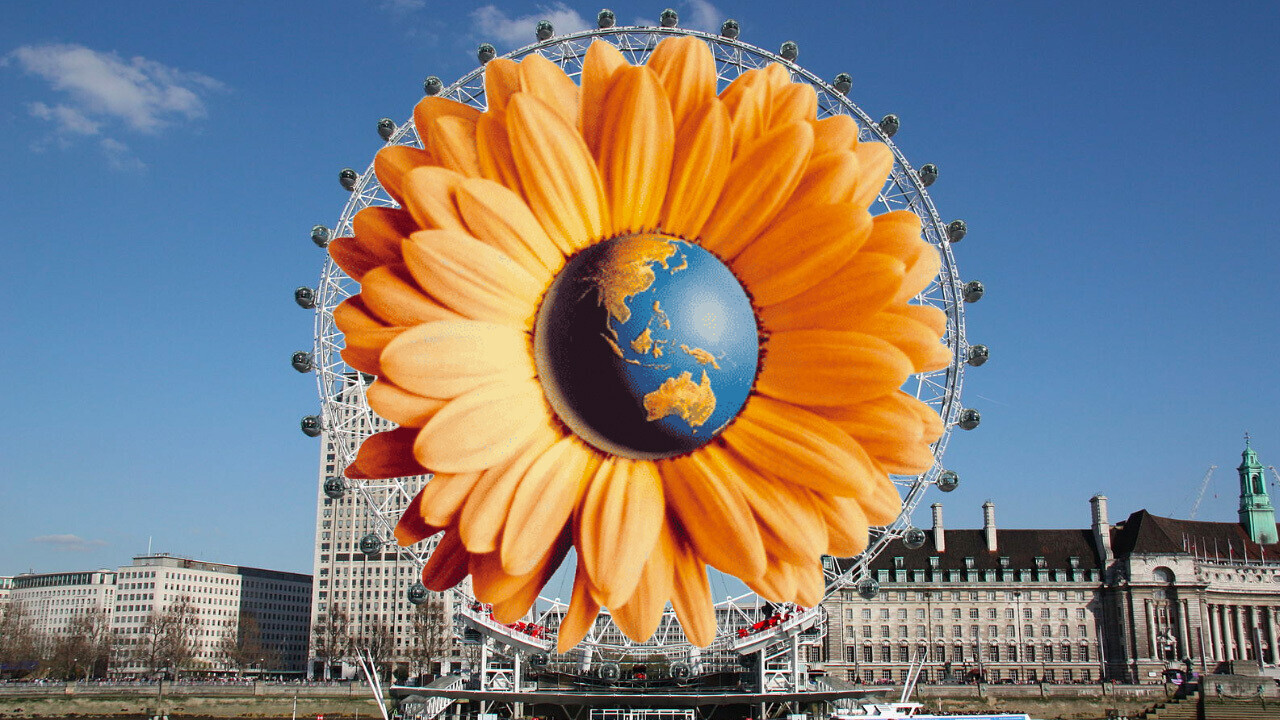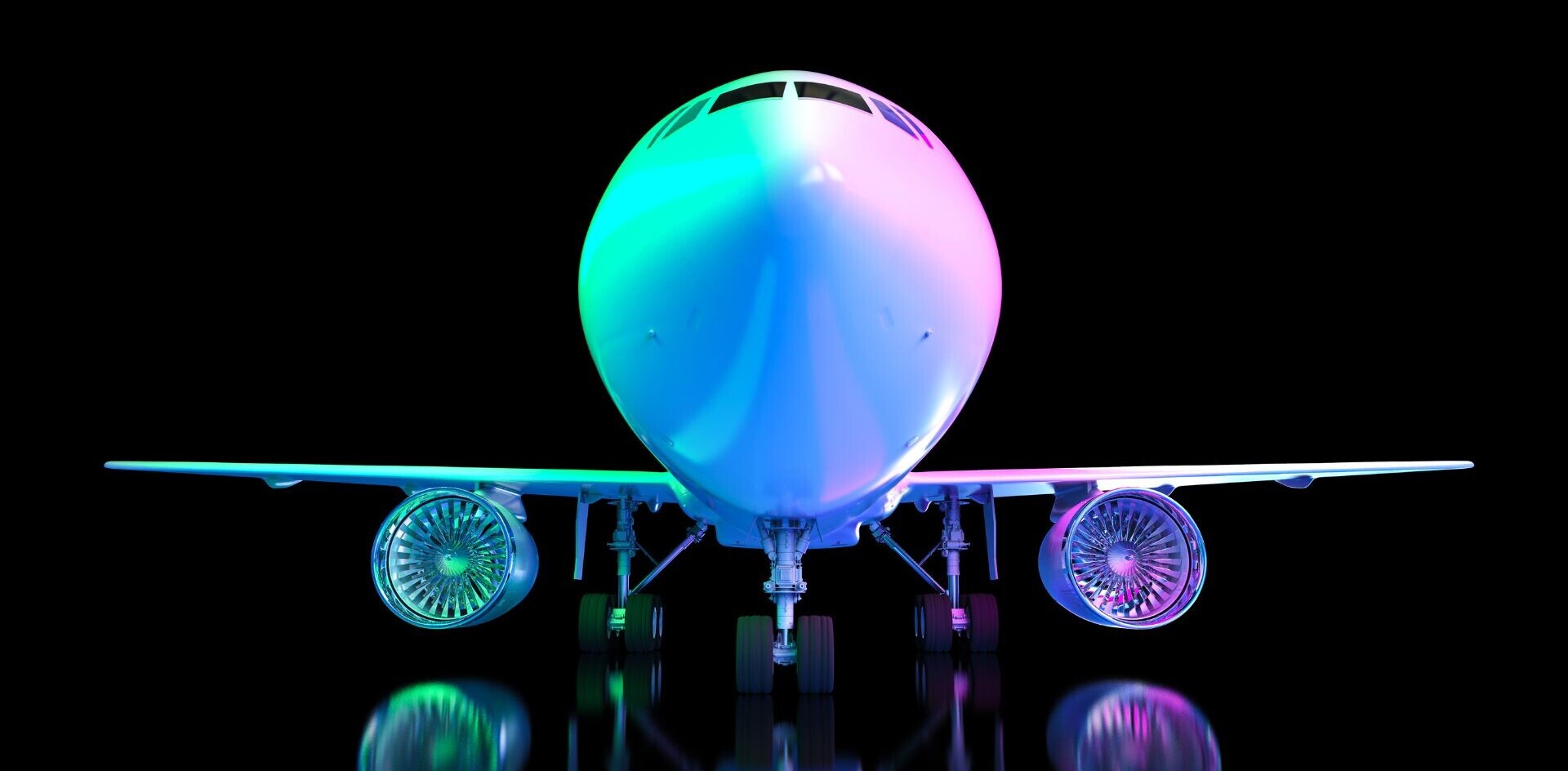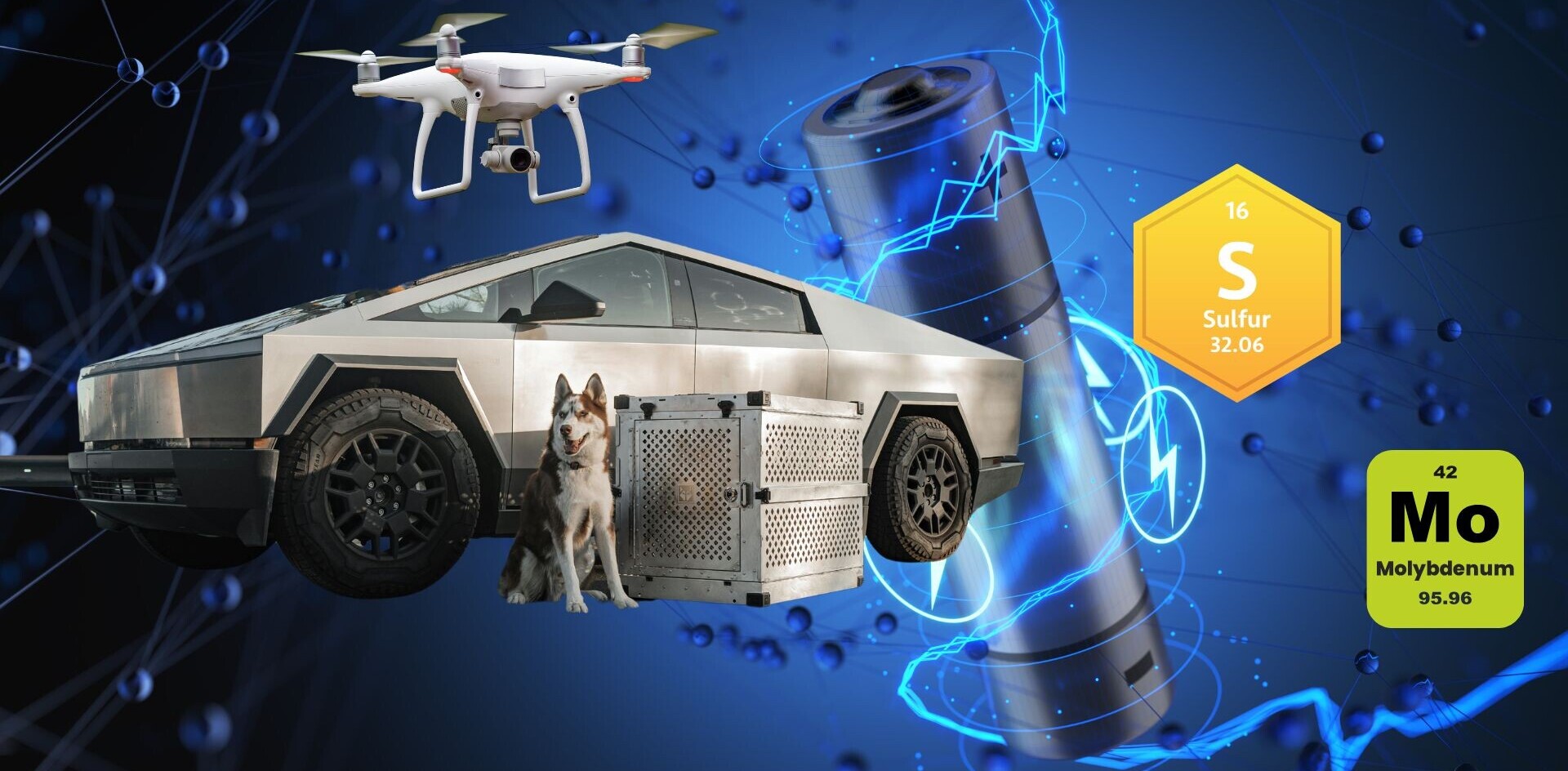
Rising temperatures across Europe, in combination with an ever-aging population and rapid urbanization are not only making the population more vulnerable to heat, but have also increased the demand for cooling systems in buildings.
In fact, between 1980 and 2020, heat waves have caused 77,000 to 129,000 deaths in the 32 member states of the European Economic Area, the European Environmental Agency (EEA) estimates. This represents 86%-91% of the total fatalities caused by climate-related extreme events.
And with heat waves expected to be more intense and frequent than ever before, the agency warns that the EU is facing a crucial sustainability challenge: how to adapt its buildings in a way that ensures the citizens’ protection — and sticks to the EU’s objectives towards energy efficiency, energy independence, and climate neutrality in a socially just way.
The need for new, local-oriented technologies can benefit startups
Although air conditioning is currently the dominant cooling strategy for business and residential buildings, it does come with two significant disadvantages.
First off, it results in CO2 and greenhouse gas (GHGs) emissions, especially hydrofluorocarbons (HFCs). The latter in particular has a global warming potential that’s thousands, or tens of thousands of times higher, than that of CO2.
Moreover, the increasing electricity consumption that comes with the growing use of air conditioning not only poses challenges for meeting the EU’s objectives on decreasing dependency on foreign fossil fuels, but also means that this cooling system might be not affordable for low-income countries.
Therefore, the EEA proposes the implementation of sustainable technologies that take into account the local context, including climate conditions, building types, urban density, demographic data, and the quality of the electricity grid.
The most efficient technologies for avoiding high energy demand include those that can reduce the cooling load by implementing passive cooling methods. Think of better insulation, optimal shading of glazed facades, radiative cooling, and passive solar shading in the form of green roofs and walls.

When active cooling is required, the agency is suggesting solutions that are powered by renewable energy, as is the case of photovoltaic systems.
According to the EEA, not all of these options are easily accessible at the moment, which offers a considerable benefit to startups which are active in the sustainability industry.
With the cooling market in Europe expected to grow 24% by 2030, businesses that can develop technologies which will tap into this growing demand, while offering environmentally-friendly solutions, are in an enviable position to thrive.
Startups already operating in the industry
Among the startups that are developing cooling systems while mitigating climate change, Netherlands-based Triple Solar is definitely one to note.
Using photovoltaic technology, the company has invented the PVT heat pump panel. Its front side consists of solar cells that convert sunlight into electricity, while the back side is a thermal heat exchanger that provides the source energy for the special PVT heat pump.
The PVT panel extracts energy from the air and sun. This means it can provide heat, cooling, and electricity without using fossil fuels.

Poland-based Dynamic Air Cooling (DAC) represents another promising example.
The startup has developed a novel air conditioning and refrigeration technology that uses no synthetic HFC coolants and features no thermal or C02 emissions. Even better, it’s designed for both residential and commercial applications.
The tech transforms warm air into cold air through the use of gas-dynamic and thermo-dynamic processes.
The company claims that it can decrease temperature up to 60 degrees Celsius, while being up to 50% cheaper compared to traditional A/C or refrigeration technology.

And this is just the tip of the iceberg of what’s possible. Not only are there a raft of European startups already operating in this space, the market is widening to a point where new entrants have a huge potential client base.
With the rising demand for cooling and the EU’s pressure to meet its climate targets, the future is looking bright for certain sustainability startups.
Get the TNW newsletter
Get the most important tech news in your inbox each week.




